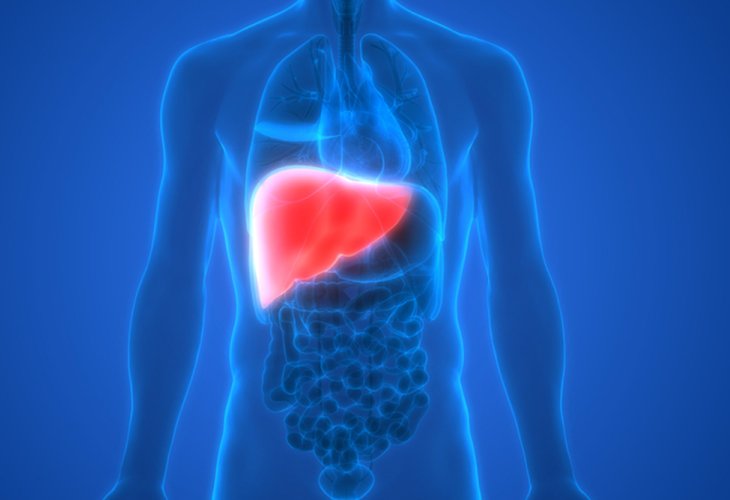How to Keep Your Liver Healthy
Managing fatty liver requires gradual, consistent dietary changes and steady weight loss.
 (Photo: shutterstock)
(Photo: shutterstock)The liver, often called the body's blood filter, plays many roles in different bodily systems: it neutralizes toxins, cleanses bacteria, produces bile, breaks down fats, stores carbohydrates, and more.
Our diet primarily burdens the liver. When we eat foods rich in fats, toxins, and waste, the liver has to work overtime. Smoking, alcohol, processed foods, sugars, and simple carbohydrates increase triglycerides and cholesterol, leading to fatty liver.
The liver possesses regenerative abilities, allowing it to function even under strain without noticeable symptoms. The problem is many individuals without complaints present with advanced liver disease.
Fatty liver can occur in cases of overweight, blood sugar imbalance—even in pre-diabetes—and high blood pressure.
Treating fatty liver must include gradual, consistent dietary changes and moderate weight loss to the desired weight. Rapid weight loss fluctuations can be detrimental, potentially worsening the condition.
A lack of physical activity contributes to the development of fatty liver, so it's important to incorporate exercise, especially activities that promote blood flow and detoxification, thus reducing liver strain.
Certain foods are particularly harmful and should be reduced to prevent and manage liver issues:
Fructose - Widely used in the industry, it's important to check ingredient lists for its presence.
Hydrogenated oils and trans fats - Includes margarine and refined oils like soybean or canola oil.
Soy protein - Isolated from genetically modified soy, found in protein powders, bars, and meat substitutes.
Foods with monosodium glutamate MSG. Found in soup powders, snacks, fast food, and flavor-enhanced products.
Aflatoxins are molds particularly found in peanut and corn products, burdening the liver.
Maltodextrin - A sugar masquerading under a different name. Products containing maltodextrin actually contain sugar, contributing to fatty liver.
Omega-3 fatty acids have been shown to reduce liver fat and lower inflammation markers. Thus, it is crucial to include foods rich in omega-3s, such as pumpkin seeds, flaxseeds, avocado, and sea fish, in your diet. Also, green leafy vegetables of all kinds assist in cleansing the liver.
Zohara Sharvit is an N.D. naturopath and iridology expert, with years of experience in treatment, counseling, and workshop facilitation. To book a free workshop, call 073-2221290

